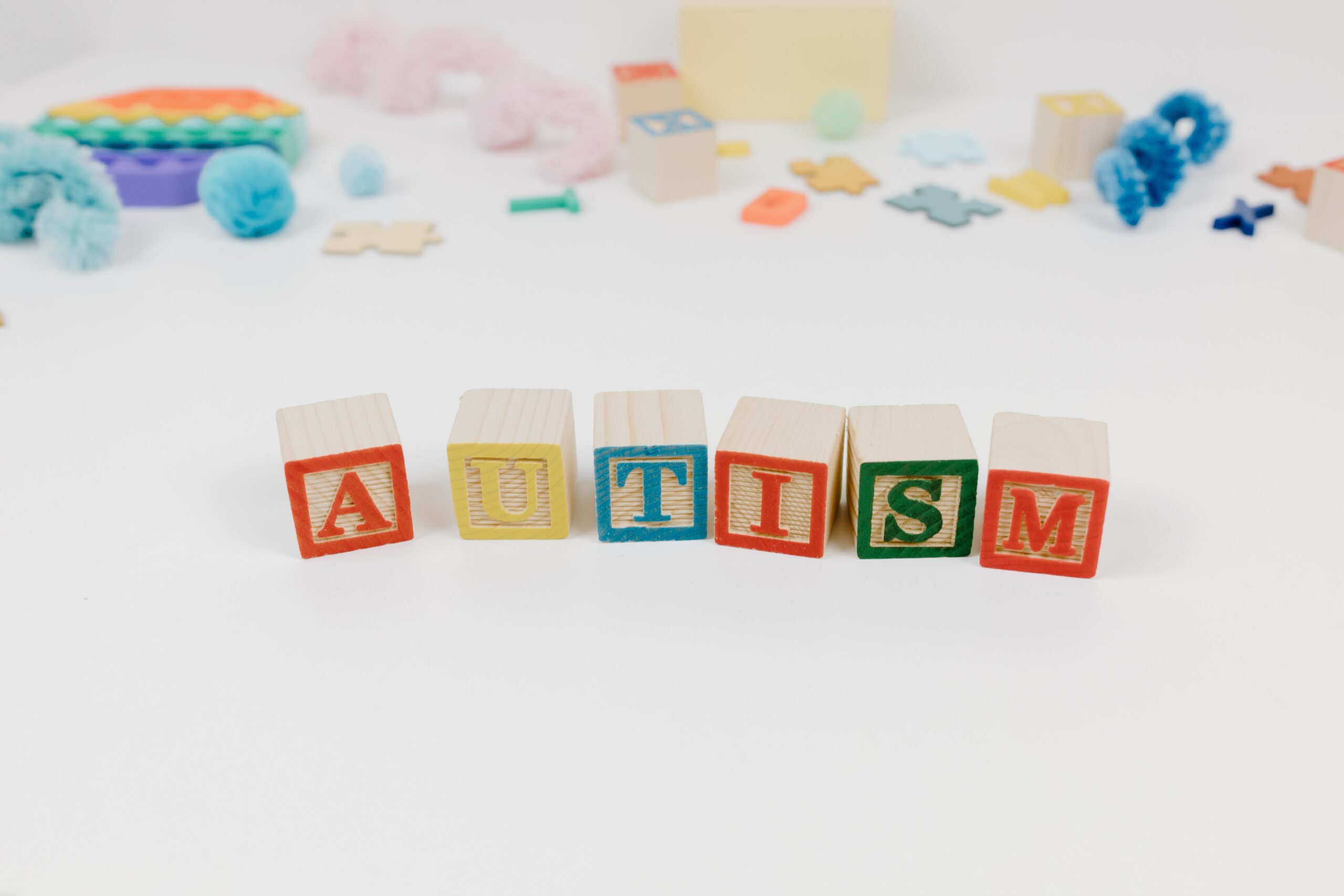The organization offers training programs to address the unique needs of young autistic travelers. Air travel can be an overwhelming experience for passengers with autism, particularly for young flyers, as highlighted by Alan Day, co-founder of Autism Double-Checked. Drawing from personal experiences with his son on the autism spectrum, Day recognized the challenges posed by lengthy check-in processes and the bustling atmosphere of airport terminals. In response, Autism Double-Checked strives to enhance awareness among airlines, hotels, and travel businesses regarding the unique needs of autistic travelers. The organization offers autism awareness training and certification programs, signaling to travelers that these entities are equipped to accommodate the autistic community effectively. Day’s commitment to addressing the hurdles faced by those with autism led to the establishment of a special program at Bradley Airport in Connecticut. This initiative provides parents and their children on the autism spectrum with a simulated travel experience, allowing them to familiarize themselves with airport protocols at their own pace. Participants undergo check-in procedures, receive gate passes, navigate TSA lines, undergo screenings, and experience the boarding process, mirroring the actual steps of air travel. The impact of these programs is evident in the positive experiences shared by participating parents. Kristen Catino, whose son Jake is on the autism spectrum, noted a significant difference in Jake’s comfort level during a future trip after the practice run. The simulated airport experience enabled Jake to navigate the process confidently, demonstrating the effectiveness of such preparatory initiatives. Autism Double-Checked’s efforts extend beyond Bradley Airport, with other airports and airlines expressing interest in hosting similar events. Breeze Airways, for instance, has shown enthusiasm for participating in these programs, showcasing the potential for industry-wide adoption. Tom Doxey, the president of Breeze Airways, hopes that the success of such initiatives will inspire more airlines, hotels, and airports to integrate autism awareness and support into their services, creating a more inclusive and accommodating travel environment. The organization not only focuses on awareness but actively works to bridge the gap between the travel industry and the autism community. By offering specialized training and certification, Autism Double-Checked ensures that staff in airlines, hotels, and other travel businesses are equipped to understand and respond to the unique needs of autistic travelers. This proactive approach aims to create an environment where individuals with autism can travel with confidence, knowing that their needs will be met. The programs initiated by Autism Double-Checked not only benefit families navigating the challenges of air travel with autistic children but also contribute to a broader shift in the travel ecosystem. By fostering understanding and proactive measures, the organization seeks to create an environment where individuals with autism can travel with greater ease, ensuring that the joys of exploration are accessible to everyone, regardless of neurodiversity. The challenges faced by individuals with autism during air travel are often exacerbated by sensory sensitivities, making it crucial for airlines and airports to implement strategies that consider these factors. Initiatives such as sensory-friendly spaces, quieter boarding procedures, and trained staff can significantly enhance the travel experience for autistic individuals. Autism Double-Checked’s focus on providing a practice run at Bradley Airport reflects a commitment to hands-on, practical solutions that directly address the unique challenges faced by autistic travelers. As more entities within the travel industry embrace these initiatives, the hope is that awareness and support for neurodivergent passengers become integral aspects of the overall travel experience. By actively engaging with the autism community, offering specialized training, and creating environments that cater to sensory needs, the travel industry can contribute to a more inclusive and empathetic approach to air travel for everyone. Ultimately, these efforts go beyond meeting regulatory requirements; they represent a commitment to fostering a travel environment where every passenger feels welcome, supported, and able to embark on their journeys with confidence. Sources: Organization looks to ease air travel stresses for young passengers with autism Air travel and children’s health issues Autism Spectrum Disorder (ASD) and the Family Inclusive Airport Design Experience
This content was originally published here.
